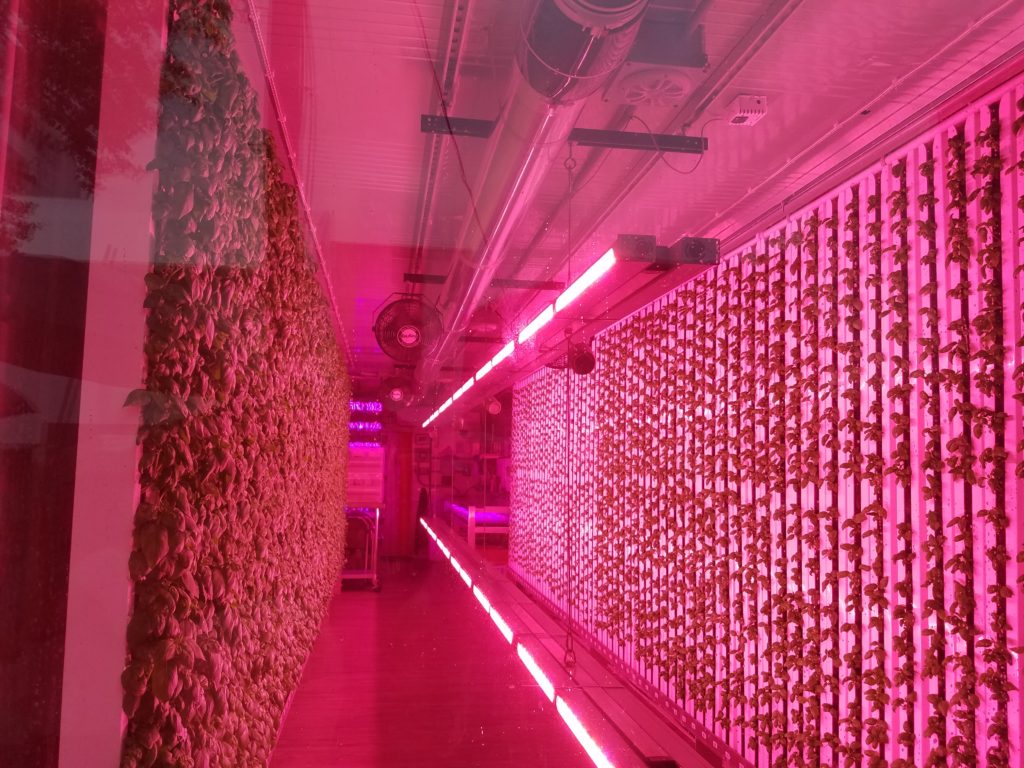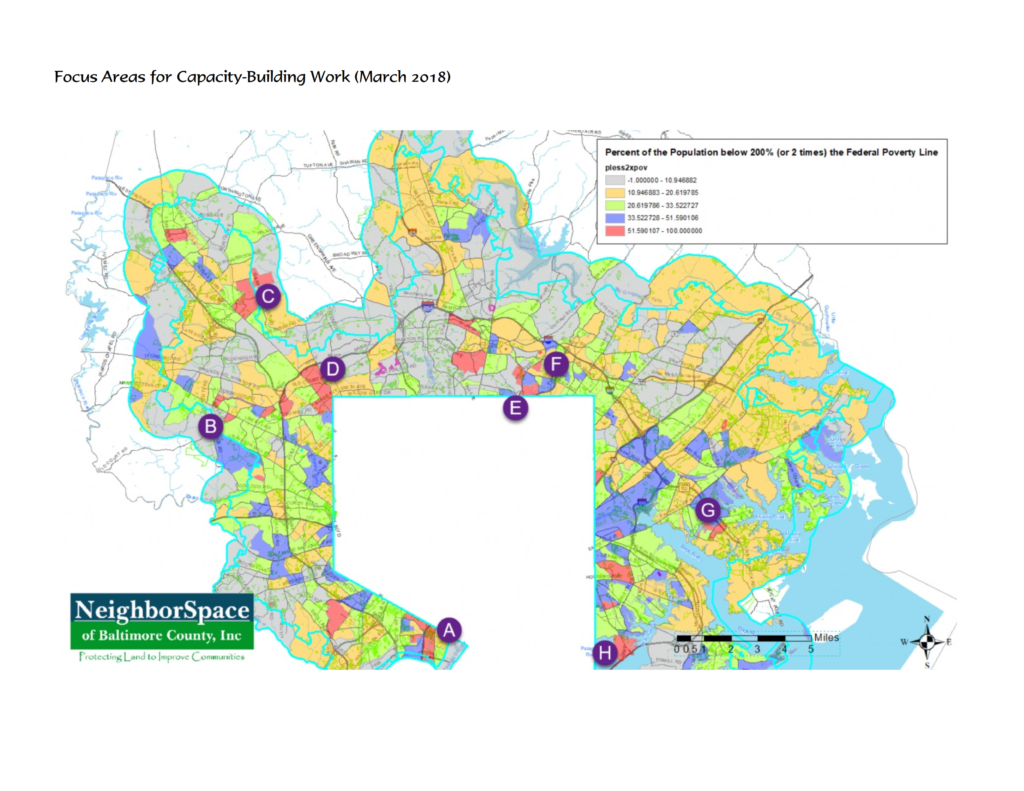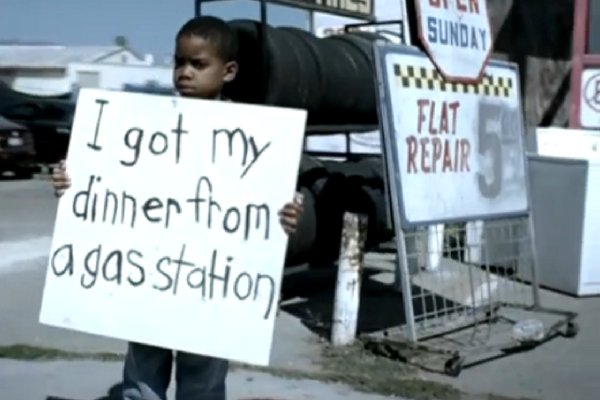Tin Can Farming, Urban Farming of the Future?
Baltimore County is a quagmire of communities. The reason the URDL exists was due to a concerted movement to protect the rural areas north of the Beltway, which concentrated development and infrastructure investment south of the line. In doing so, we have also created areas where there is no nutritionally adequate and safe foods available to clusters of communities within the URDL. Were you aware that roughly 13% of Baltimore County’s population lives with food insecurity, or about 105,000 people? How about in Maryland there are approximately 94,000 youth out of school and work, or about one in ten youth? Baltimore County (11,735 youth) has the third highest number of disconnected youth out of 24 political jurisdictions in Maryland, trailing only Baltimore City and Prince George’s County. Community Conservation is a nationwide effort among land trusts to use conservation as a tool in solving community challenges including food insecurity and disconnected youth.
This month Patrick Filbert, NeighborSpace Program Manager, attended a Square Roots Brooklyn farm tour, investigating ways other major cities are addressing community conservation. Square Roots is a seed-to-sales urban farm, connecting people in cities to local, real food. The farm team grows a variety of fresh and flavorful herbs in indoor, vertical farms, right in the heart of Brooklyn, NYC.

Urban farming in pocket size may be one of many opportunities to provide acceptable and quality food, as well as provide employment opportunities for disconnected youth and to aid in the development of key soft skills which in turn will afford job opportunities and success for their future.

We have identified eight areas in the URDL where we are looking for land and partners to address the concern of populations two-times below the Federal Poverty Line. If you know a group in one of these areas willing to work with us on an urban farm or a community garden project please connect with us!
So while a portion of the county may get dressed up for a fancy night out at a Farm-to-Table experience, we also need to consider that our neighbors should also be able to experience more than what a convenience stores shelf has to offer. We will continue to explore ways we can help to make our communities more successful and liveable.

https://positively-healthy.com/radio-archive-food-insecurity-2/
Pingback: Fungi, Future Harvest & The Future of NeighborSpace